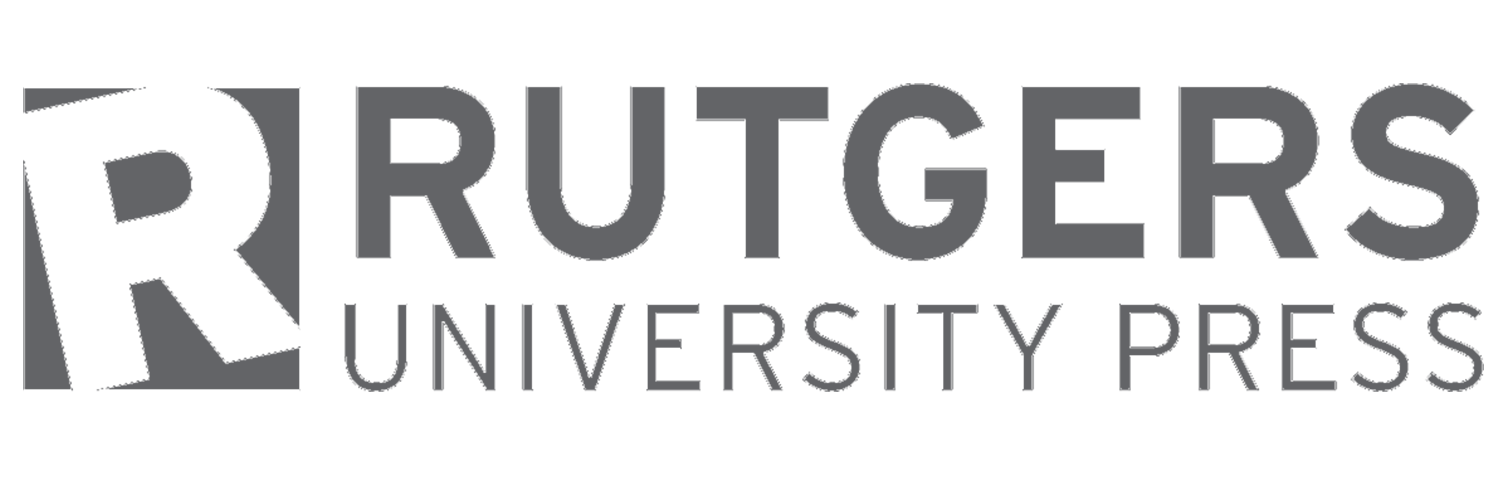"For sociologists who seek clear examples that teach undergraduate students about violence and intersectionality, this book is a treasure trove."
~American Journal of Sociology
"This book first and foremost encourages readers to think about the causes, manifestations, and consequences of anti-LGBT violence in ways that take seriously multiple axes of social differentiation as well as the power and privilege that accompany them... Meyer's interviewees provide a rich source of original data that reveal a diverse set of experience with violence over the course of their lives... One of the many strengths of this book is the skillful way in which Meyer presents the voices of his interviewees... [Violence Against Queer People] provides the kind of empirically driven theoretical account of anti-queer violence that broadens and deepens the study of discrimination in general and bias-motivated violence in particular.".
~Contemporary Sociology
"A must read for scholars, instructors, and students interested in the discrimination members of the LGBT community experience … Essential. All levels/libraries."
~CHOICE
"The originality of [Violence Against Queer People] is in its intersectional approach, where [Meyer] argues that the concept of homophobia is not considered sufficient enough to explain the reasons for the violence against LGBT people … This book will be of interest to urban sexuality and social dynamics scholars, as well as community mental health practitioners, public security administrators, and LGBTQ activists."
~Gender & Society
"Doug Meyer’s Violence against Queer People demonstrates the importance of studying violence against LGBT people who are also racial minorities, women, and/or working class. The book remains extremely accessible as it tackles important theoretical frameworks of race, class, gender, and sexuality."
~Anthony Christian Ocampo, assistant professor of sociology, Cal Poly Pomona
"Doug Meyer gives us intersectionality—with a punch. Somewhere there are rainbow wedding cakes and happy new families—but all is not yet right in America. For people without race privilege, queer remains dangerous territory."
~Barbara Katz Rothman, professor of sociology, women's studies, and public health, CUNY
“One of the greatest strengths of Violence Against Queer People is the interview narratives that Meyer provides throughout the book…. These narratives not only humanize the topics under discussion, but they also serve to demonstrate the complexity of intersectionality in relation to LGBT oppressions.”
~Journal of LGBT Youth
"Violence against Queer People moves sexualities research forward by broadening our understanding of anti-LGBT violence....[It] is an insightful exploration of how power, privilege, inequality, and social location all impact anti-LGBT violence: how it is enacted, experienced, and perceived."
~Sexualities

